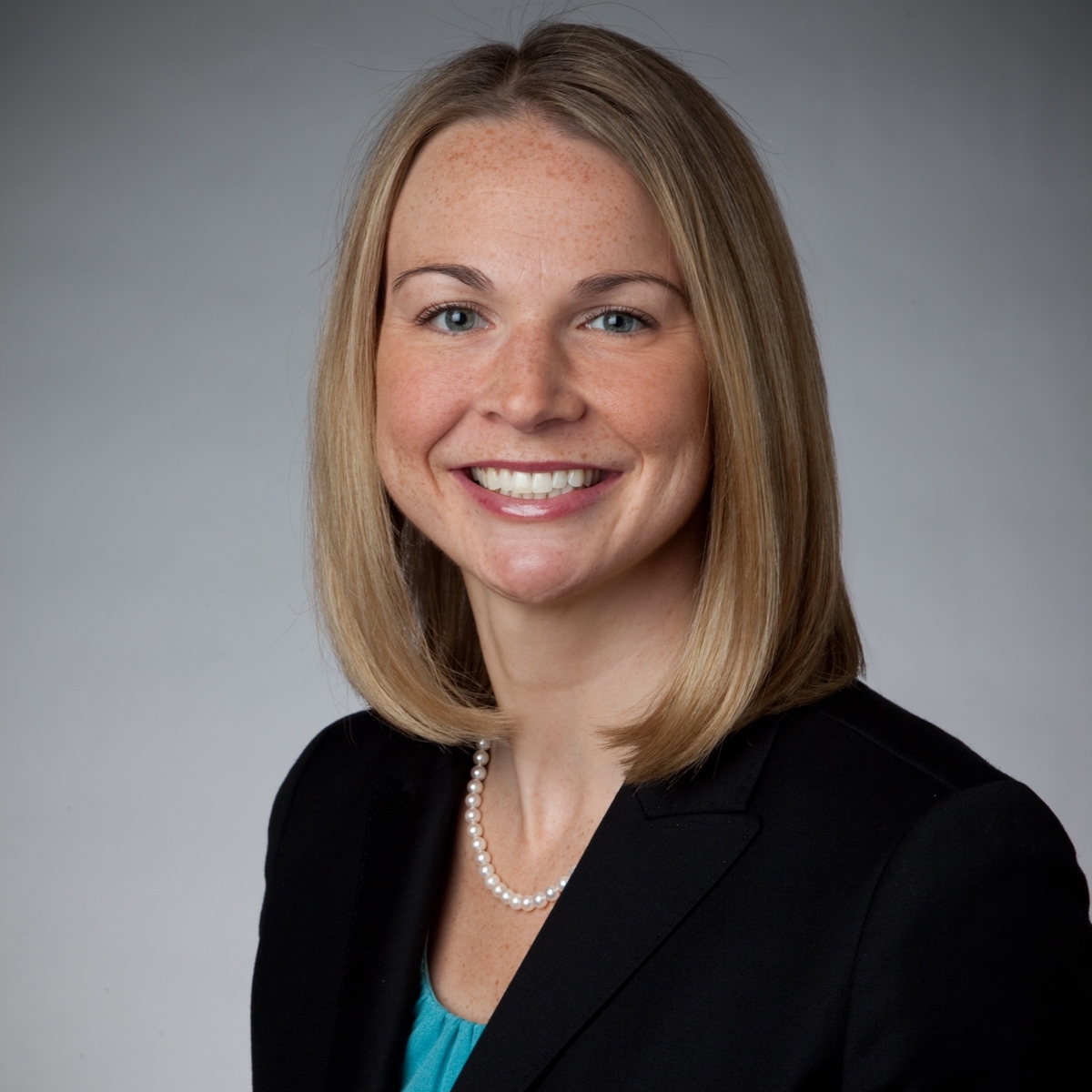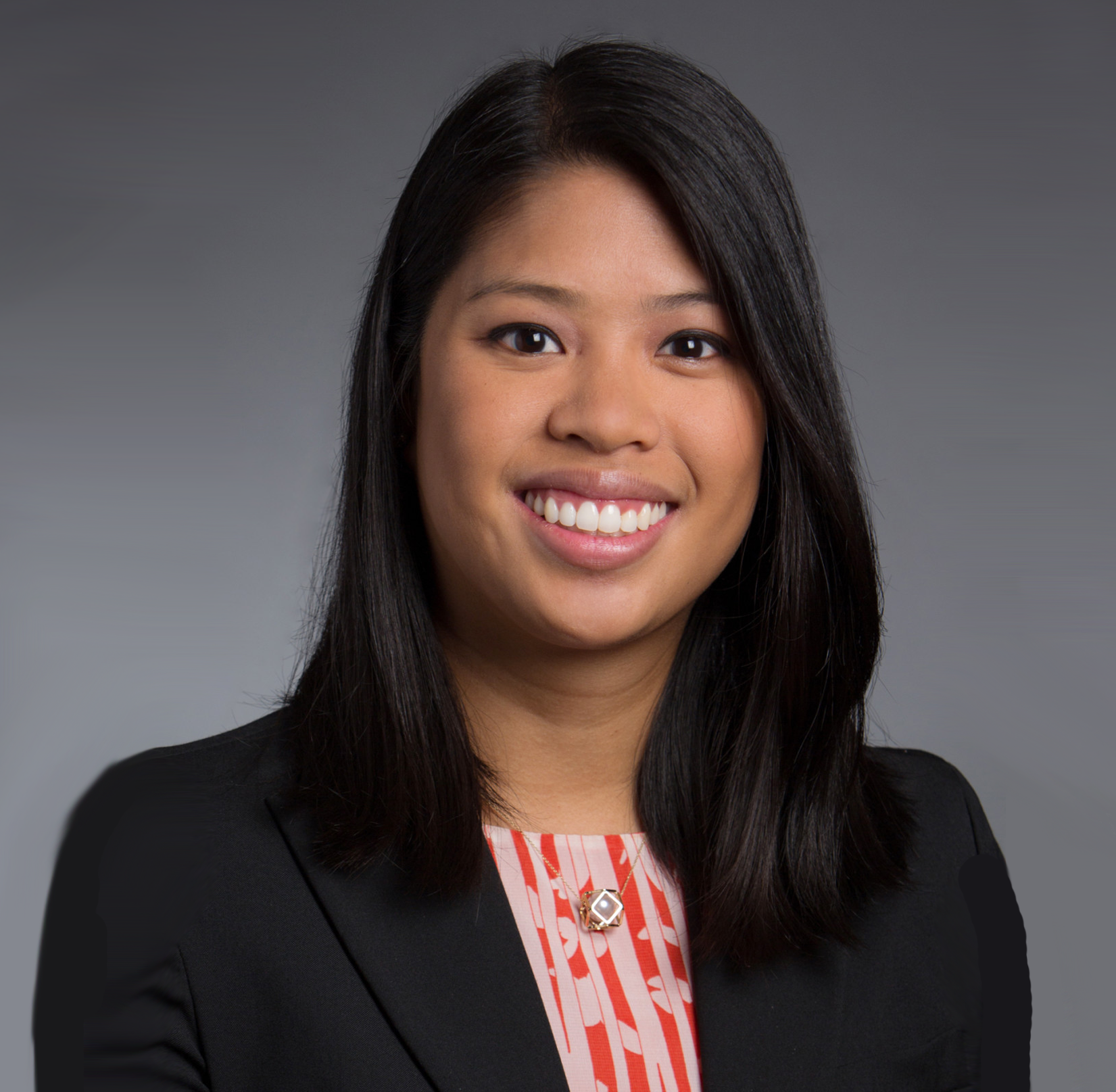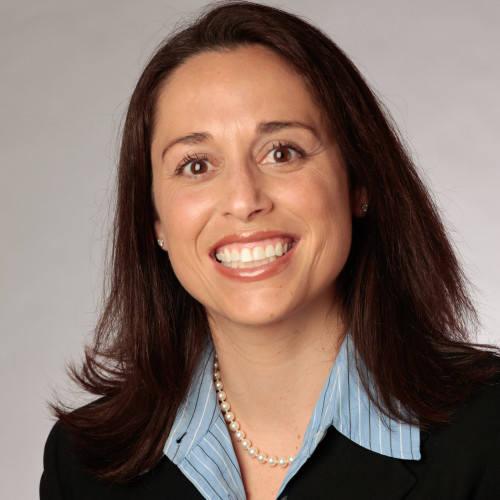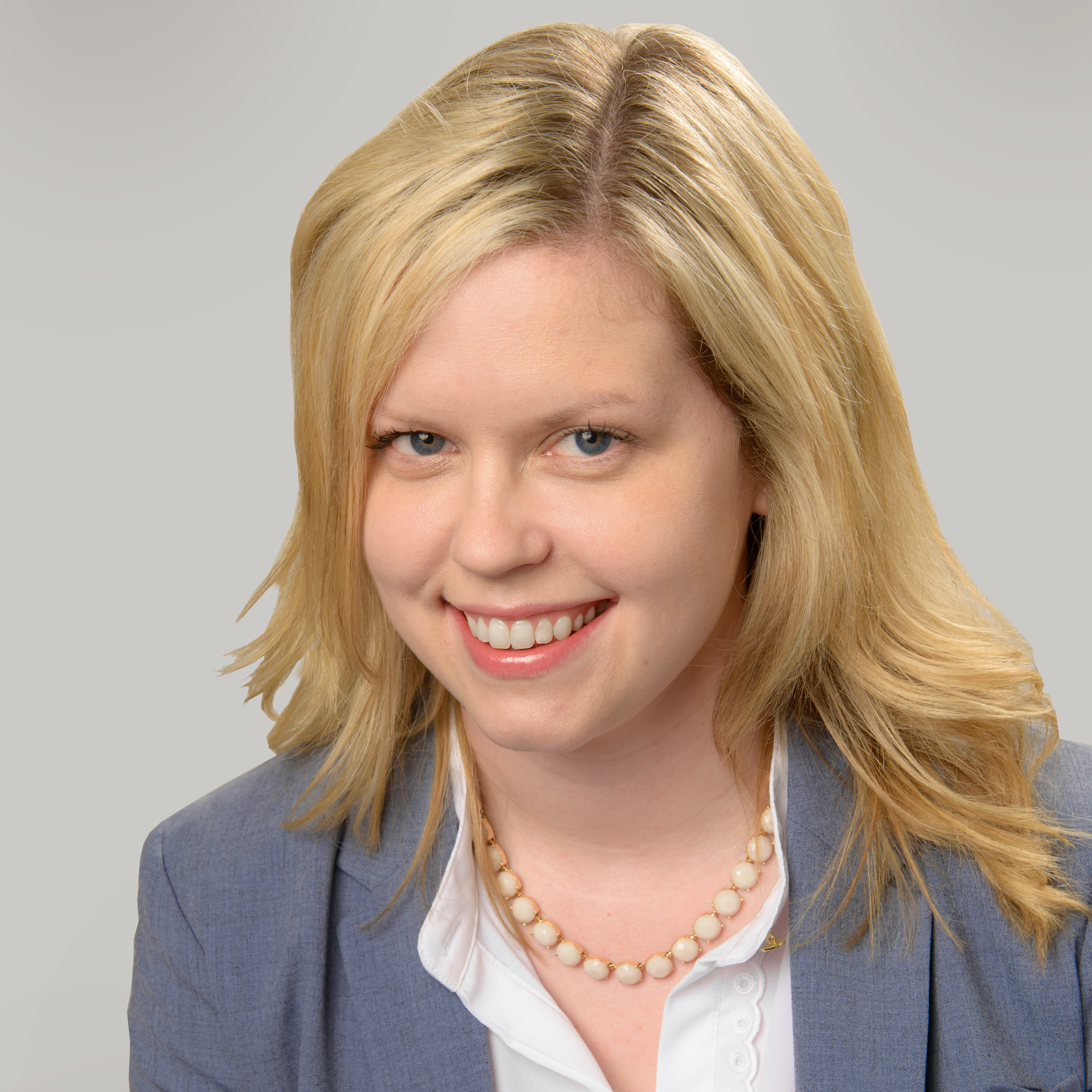On June 23, 2021, the U.S. Supreme Court issued its decision in Mahanoy Area School District v. B.L. The Court held that a cheerleader’s off-campus Snapchat rant about her cheerleading team and the school did not warrant school discipline because there was not a substantial disruption in the school environment.
In this case, a Pennsylvania high school student tried out for cheerleading as a sophomore and made the junior varsity team, while an incoming freshman made the varsity team. Following tryouts, the student aired her frustration by posting two photographs of herself and a friend on Snapchat with their middle fingers raised and a profanity-laced caption about the school and the results of the cheerleading tryouts. The student’s Snapchat story posts were visible to approximately 250 Snapchat friends, many of whom were students at her school and some of whom were cheerleaders. Eventually, news of the student’s posts made its way to the cheerleading coaches, who suspended the student from the cheerleading team for the duration of her sophomore year for violating team and school rules.
The student sued the school district, asserting that her suspension violated the First Amendment, that the school and team rules she allegedly violated were overbroad and viewpoint discriminatory, and that those rules were unconstitutionally vague. The federal district court in Pennsylvania and the U.S. Court of Appeals for the Third Circuit agreed with the student, finding that her off-campus speech was entitled to First Amendment protection and that she did not waive those rights when she agreed to certain school and team rules. The appellate court rejected a general “nexus” test used by other courts and held that the student’s off-campus speech was not subject to regulation under Tinker v. Des Moines Independent Community Unit School District, the landmark U.S. Supreme Court case that established the substantial disruption standard for student discipline. Read our article on the appellate court decision here.
The school district appealed to the U.S. Supreme Court. The Court held that the student’s off-campus speech in this particular instance did not substantially disrupt the school environment and the school district violated the student’s First Amendment rights by imposing discipline. The Court rejected the bright-line rule issued by the appellate court (essentially that school districts cannot discipline for off-campus speech). Instead, under Tinker, the Court explicitly recognized that “public schools may have a special interest in regulating some off-campus student speech,” especially online or off-campus student speech that genuinely disrupts a school activity or threatens harm to the rights of others. But in this case, the school district did not provide sufficient evidence of disruption to overcome the student’s right to free expression.
The Court declined to announce a new standard that would regulate free speech cases involving off-campus speech by students. Instead, the Court described three “features” for school districts to consider together with Tinker when disciplining students for off-campus speech:
- Off–campus speech is generally the responsibility of the student’s parents and schools will rarely stand in loco parentis during such activities;
- Off-campus speech covers virtually any activity outside of the school environment and schools must be mindful to avoid limiting all aspects of a student’s speech;
- Schools have an interest and responsibility for protecting student off-campus speech, even when that expression is unpopular.
The Court left it for future cases to decide “where, when, and how these features mean the speaker’s off-campus location will make the critical difference” in determining whether a student’s off-campus speech warrants First Amendment protection or the student may be subject to school discipline.
This is a landmark decision by the U.S. Supreme Court addresses the extent to which public school officials may discipline students for their speech that occurs off-campus. This case illustrates that the determination of whether regulation of off-campus student speech violates the First Amendment involves a highly factual analysis that must take into account several factors, as outlined above. Additionally, this case highlights the importance of public school officials documenting misconduct, the disruption within the school environment (including complaints, student attendance patterns, requests for additional services, loss of instructional time), and now the factors identified by the Court. A fatal flaw for the school district in this case was the lack evidence demonstrating a substantial disruption in the school setting as a result of the student’s Snapchat post.
For questions about this decision and student discipline, including related to extracurricular activities, please contact an attorney in our Students/Special Education practice group.
Source: Mahanoy Area School District v. B.L., by and through Levy, 141 S. Ct. 2038 (2021)




